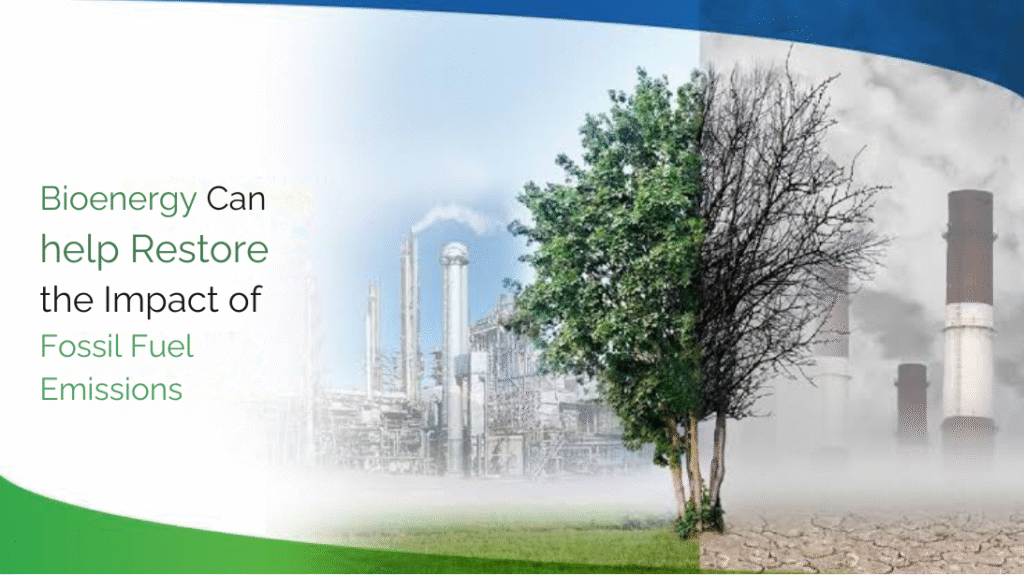
Availability of Biomass Worldwide
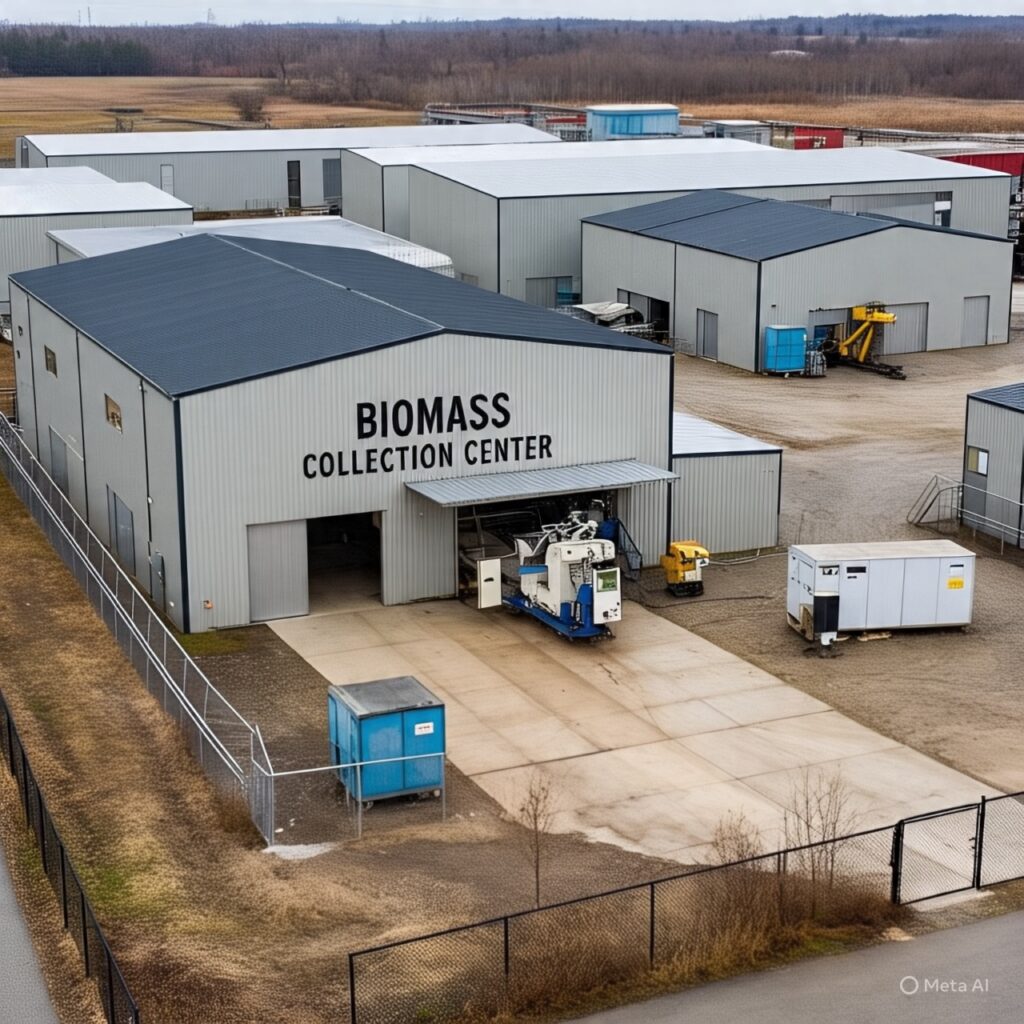
Biomass as a renewable energy source is one of the options to secure energy supply and to reduce greenhouse gas (GHG) emissions from fossil fuels in response to the climate change threat. Biomass is the Number 1 energy resource for developing countries.
Depending on the land use scenario and technological progress, the potential contribution of biomass to satisfying the global energy demand varies greatly. Including a wide range of resources, like wastes and residues, surplus forestry, and dedicated energy crops on unrestricted land, potentials are much higher. Including biomass production on marginal and degraded land and gains from improved agricultural management could satisfy today’s global energy demand from renewable resources.
It is essential to consider these global estimates in the context of the countries in question, but it appears that there are substantial underused resources which could provide beneficial renewable energy in sustainably managed scenarios. Some recommendations and points of caution are made with regard to the potential climate and ecosystem benefits and also negative impacts arising from biomass energy. Biomass is a renewable energy source because its supplies are not limited. The approaches for carbon balance and greenhouse gas (GHG) benefits, studies are generic and need adaptation to the Indian and other biomass centric countries situation.
Sources of Biomass
Wood
Logs, chips, bark, and sawdust are all sources of biomass energy
Agricultural Waste
Crop parts like stalks, husks, prunings, straw, and corn cobs are all sources of biomass energy
Solid Waste
Mixed commercial and residential garbage, such as yard trimmings, paper, plastics, rubber, leather, textiles, and food wastes
Woody Energy Crops
These are sources of biomass energy
Algae
Microalgae is a source of biomass energy
Landfill Gas and Biogas
These are sources of biomass energy
Alcohol Fuels
Ethanol and biodiesel are sources of biomass energy
Purpose Grown Grasses
These are sources of biomass energy
Waste to Biofuel Need & Benefits
Environmental Impact
Solution
Global Adoption of Waste to Power
Environmental Benefits
Diverse Technologies in Use
Economic Advantages
Global Trends and Investments
Turnkey For Rise In GDP
Unique Technology
SSGP Enterprises: Pioneering Biomass to Biofuel Technology
In an era defined by the urgent need for sustainable energy solutions, SSGP Enterprises stands at the forefront of innovation, driving the transition towards cleaner, greener fuels. With a steadfast commitment to environmental stewardship and technological advancement, SSGP has emerged as a leader in the development and deployment of biomass to biofuel technology. By harnessing the abundant agricultural waste resources, SSGP is not only addressing the nation’s energy demands but also mitigating environmental pollution and fostering rural economic growth
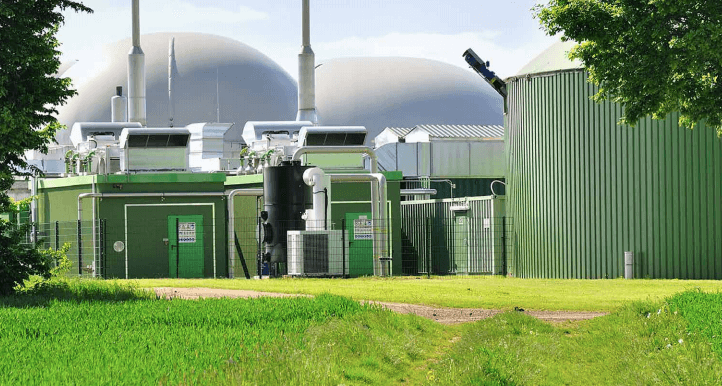
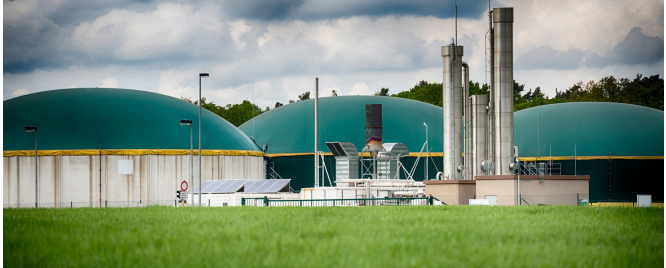
The Biomass Advantage
India, predominantly an agrarian economy, generates vast quantities of agricultural residue, including crop stubble, husk, and bagasse. Traditionally, this waste is often burned, contributing significantly to air pollution and greenhouse gas emissions. SSGP recognizes the immense potential of this underutilized resource and has pioneered a cutting edge technology to convert it into valuable biofuel.
SSGP's Technological Prowess
SSGP’s proprietary technology employs a multi stage process to transform biomass into biofuel. The process begins with the collection and pre treatment of agricultural waste, followed by its conversion into biooil through pyrolysis digestion. This biooil is then further processed and upgraded to produce high quality biofuel, which can be used in various applications, including transportation, power generation, and industrial processes.
SSGP’s technology is characterized by its high efficiency, low environmental impact, and economic viability. The entire process is designed to minimize waste generation and maximize resource utilization. The company’s state of the art facilities are equipped with advanced control systems to ensure optimal performance and adherence to stringent environmental standards.

Environmental and Economic Benefits
SSGP's Biomass To Biofuel Technology offers a Multitude of Environmental and Economic Benefits
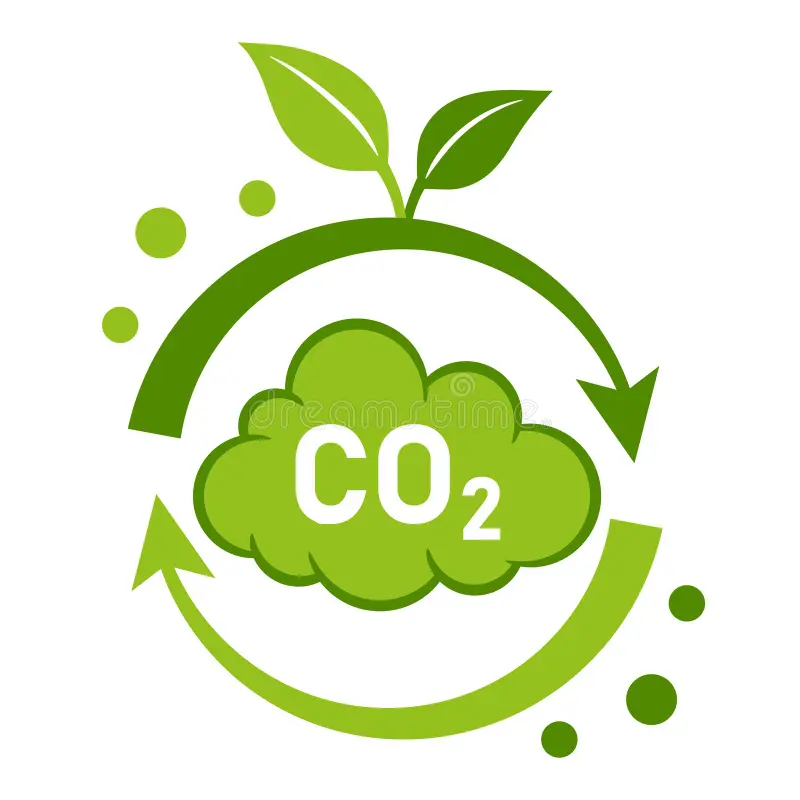
Reduced Greenhouse Gas Emissions
By utilizing agricultural waste instead of fossil fuels, SSGP significantly reduces greenhouse gas emissions, contributing to the fight against climate change

Improved Air Quality
The elimination of open burning of agricultural waste leads to a substantial improvement in air quality, particularly in rural areas

Waste Management Solution
SSGP's technology provides a sustainable solution for managing agricultural waste, reducing the burden on landfills and preventing environmental pollution

Rural Economic Growth
The collection and processing of agricultural waste create new employment opportunities in rural communities, boosting economic growth and improving livelihoods

Energy Security
By producing biofuel domestically, SSGP reduces India's dependence on imported fossil fuels, enhancing energy security and promoting self reliance
SSGP's Vision for a Sustainable Future
SSGP’s proprietary technology employs a multi stage process to transform biomass into biofuel. The process begins with the collection and pre treatment of agricultural waste, followed by its conversion into biooil through pyrolysis digestion. This biooil is then further processed and upgraded to produce high quality biofuel, which can be used in various applications, including transportation, power generation, and industrial processes.
SSGP’s technology is characterized by its high efficiency, low environmental impact, and economic viability. The entire process is designed to minimize waste generation and maximize resource utilization. The company’s state of the art facilities are equipped with advanced control systems to ensure optimal performance and adherence to stringent environmental standards.
SSGP Enterprises is a shining example of how innovation and sustainability can go hand in hand. By transforming agricultural waste into valuable biofuel, SSGP is not only addressing India’s energy needs but also creating a positive impact on the environment and the economy. As the world moves towards a greener future, SSGP’s pioneering efforts serve as an inspiration for others to follow, paving the way for a cleaner, more sustainable tomorrow.
Efficiency: Our technology ensures maximum energy extraction from biomass, making the process economically viable and environmentally friendly.
Advantages of our Technology
Modern waste as Compared to the trash incinerators that were frequently utilized until a few decades ago, modern waste to energy plants are significantly different. The majority of waste to energy facilities burn hazardous waste, industrial waste, or municipal solid waste.
Recycling and waste to energy plants can coexist in a contemporary, efficiently operated facility that classifies materials before burning them. The only things that are burned are non hazardous and neither intentionally nor economically recyclable. Our technology directly or indirectly benefits to:
Additional Income For Farmers
- Employment generation in the rural region
- Use of waste for energy generation
- Possibility of power integration into the grid or use of power for local
consumption - Possible reduction of centralized power distribution burden, very
useful for remote locations. - A key factor to reduce the pollution from the naturally grown biomass,
further to control carbon emission and control pollution

Strong Technical Team
Expertise
The company boasts a strong technical team with extensive experience in biomass supply chain management and biofuel production technologies
Leadership
Led by visionary leaders, who are dedicated to creating value for society and the environment
Business Potential

Market Demand
Growing demand for sustainable and eco friendly energy solutions

Expansion Plans
Plans to expand their network across multiple locations in Asia

Economic Impact
Empowering rural entrepreneurs and fostering economic growth in rural communities through training and resources
Input in GDP

Economic Contribution
By providing sustainable energy solutions, Shree Sadguru Enterprises contributes to the economy by creating jobs and supporting rural development.
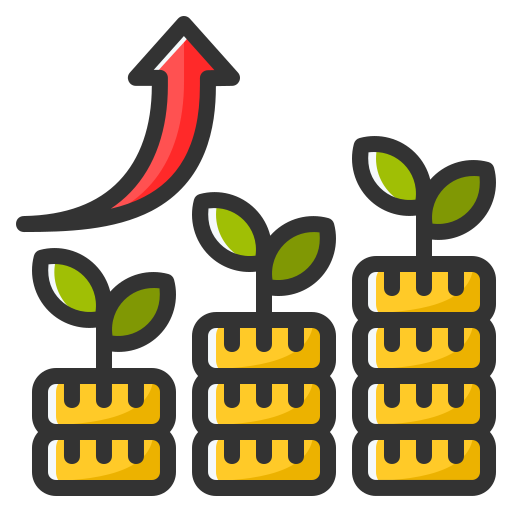
Growth Potential
The biofuel industry is expected to grow significantly, contributing to the overall GDP
Sustainable Agriculture

Promoting Sustainability
Encouraging the use of agricultural waste for biofuel production promotes sustainable agricultural practices.
Economic Impact
Shree Sadguru Enterprises is well positioned to make a significant impact in the biofuel industry, contributing to a greener and more sustainable future

Rural Development
Empowering rural entrepreneurs and fostering economic growth in rural communities through training and resources

Job Creation
Creating employment opportunities in rural areas, contributing to overall economic development


